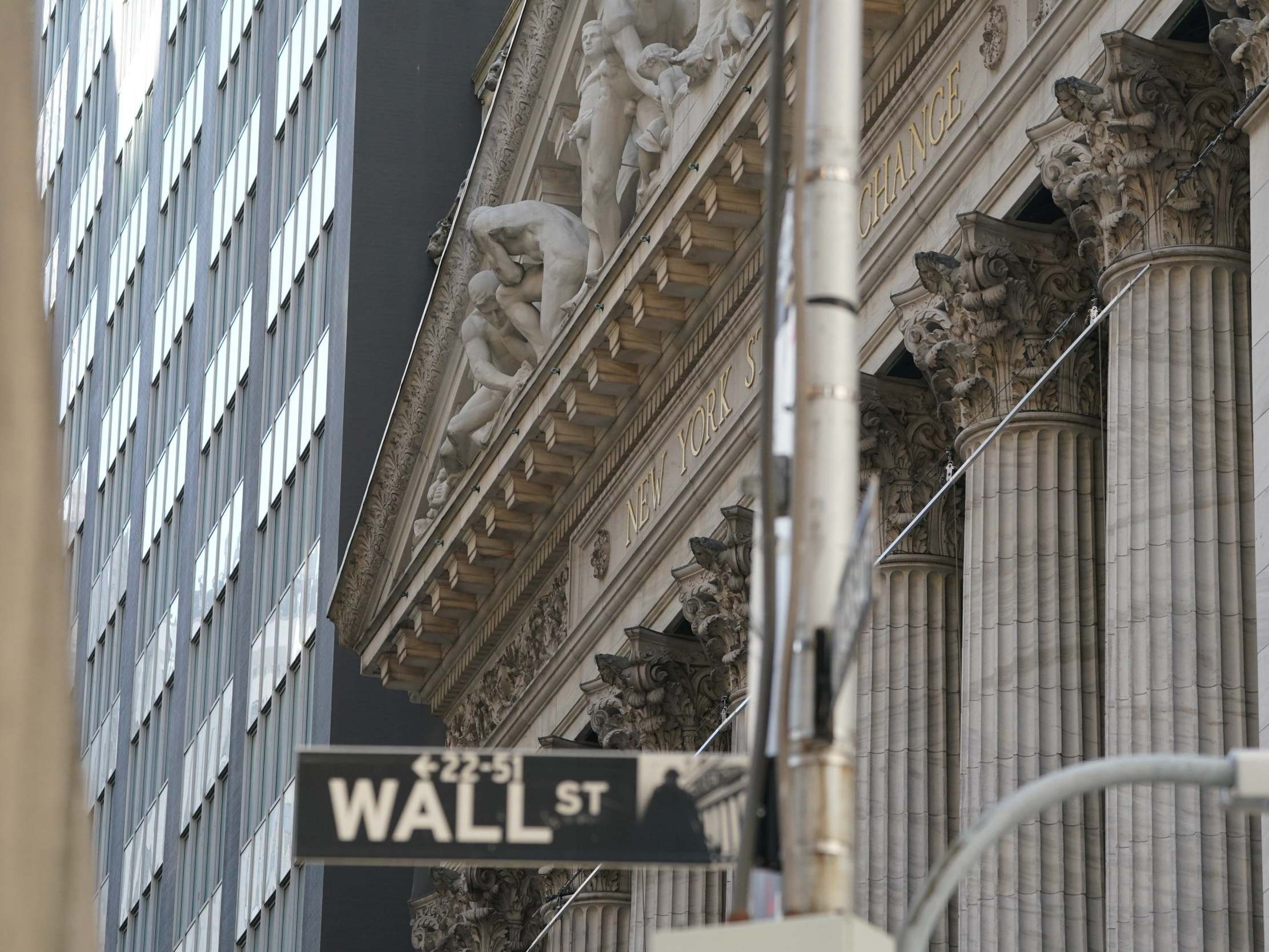Coronavirus: Stock market has worst day since 2008 financial crash
Markets posted worst day since December 2008 when markets were still reeling from Lehman Brothers collapse and housing crisis

Your support helps us to tell the story
From reproductive rights to climate change to Big Tech, The Independent is on the ground when the story is developing. Whether it's investigating the financials of Elon Musk's pro-Trump PAC or producing our latest documentary, 'The A Word', which shines a light on the American women fighting for reproductive rights, we know how important it is to parse out the facts from the messaging.
At such a critical moment in US history, we need reporters on the ground. Your donation allows us to keep sending journalists to speak to both sides of the story.
The Independent is trusted by Americans across the entire political spectrum. And unlike many other quality news outlets, we choose not to lock Americans out of our reporting and analysis with paywalls. We believe quality journalism should be available to everyone, paid for by those who can afford it.
Your support makes all the difference.US stock markets had their worst day in more than a decade, with a crash in the oil markets that threatens to set off a chain reaction as investors remain wary of the impact of the coronavirus outbreak.
The drop on Monday was the worst seen in US stocks since December 2008, when the country's markets were in the midst of a global catastrophic financial event sparked by a housing crisis and the collapse of Lehman Brothers, which ultimately pulled the economy into a recession.
The stock market volatility led to a rare automatic halt in trading on Monday morning as investors saw prices plunge, and ultimately led to a 7 per cent drop in the S&P 500 — which was already down some 12 per cent from a high In February. The automatic halt was reversed after a 15 minute delay.
The Monday selling came after Saudi Arabia and Russia set off a price war for crude oil over the weekend, which sparked panic among investors as prices dipped more than 20 per cent in the sector. It marked the biggest oil market decline since the Gulf War.
And, as oil prices plummeted, so did shares in companies and business that service that industry. Banks and manufacturers, which are sensitive to broader economic concerns, also posted losses.
The Monday losses come after weeks of volatility on the market, as investors have struggled to understand the economic impact that might come from the coronavirus outbreak stemming from China, which has now resulted in quarantines across the globe.
"Markets want to hear that the global economy is open for business, and the problem is, it isn't easy to say that going forward," Patrick Chovanec, the chief strategist at the investment advisory firm Silvercrest Asset Management, told the New York Times.
Stock markets in Europe and Asia have also seen uncertainty, with tumbles in the price for major benchmarks in those locations as well.
Join our commenting forum
Join thought-provoking conversations, follow other Independent readers and see their replies
Comments